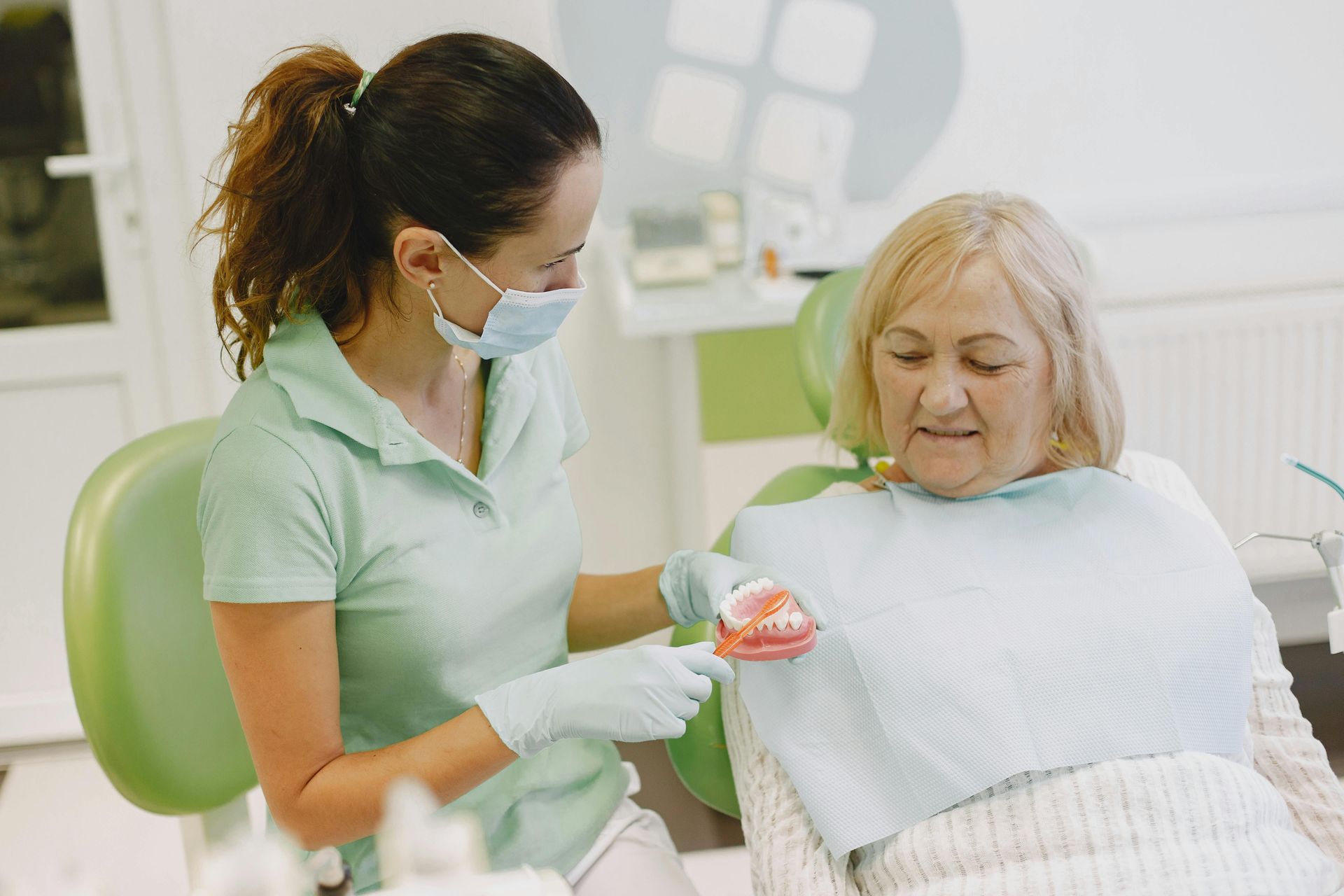The Connection Between Dry Mouth and Dental Problems
What is dry mouth?
Imagine a world where a simple smile could be a source of discomfort, or a conversation a task fraught with hurdles. This is often the world inhabited by those suffering from dry mouth, a seemingly innocuous condition that can harbor significant dental implications. Saliva, our mouth's natural defense against tooth decay and gum disease, plays a pivotal role in maintaining oral health, and its absence or reduction can be the precursor to a cascade of dental problems.
Dry mouth, known medically as xerostomia, is not just a matter of discomfort; it is a condition that stems from various causes and manifests in symptoms that go beyond the mere feeling of dryness. It can alter one's quality of life, turning basic activities such as eating, speaking, and swallowing into challenges, and leaving the mouth's defenses weakened against the onslaught of dental caries and periodontal disease.
This article delves into the intricate relationship between dry mouth and dental health, exploring the causes, symptoms, and treatments available. From understanding the critical function of saliva to identifying lifestyle changes that can alleviate symptoms, we traverse the path from diagnosis to the prevention of associated dental maladies. Join us as we explore how to combat the silent adversary of oral health and uphold the integrity of your smile.
Definition and causes
Dry mouth occurs when the salivary glands in the mouth don't produce enough saliva to keep the mouth moist. The causes can be multifaceted, including side effects of prescription drugs, particularly those for high blood pressure or depression, diseases such as diabetes, stroke, or autoimmune conditions like Sjögren’s syndrome. It can also result as a side effect of medical treatments that damage the salivary glands, such as radiation and chemotherapy for cancer. Additionally, lifestyle factors like smoking or chewing tobacco can exacerbate dry mouth symptoms. It's important to identify the underlying cause to determine the appropriate treatment.
Importance of saliva in oral health
Saliva plays a crucial role in maintaining oral health. It helps to lubricate the mouth, facilitating the swallowing and digestion of food, enhances the taste of food, and acts as a cleanser. By constantly flushing the mouth with saliva, it helps to remove food particles that could contribute to tooth decay and gum disease. Saliva also contains essential enzymes which aid in breaking down food particles during chewing and contain minerals that can help repair early tooth decay and strengthen tooth enamel. It serves an important function in neutralizing acids produced by bacteria in the mouth, thus reducing the risk of tooth decay, and it possesses antimicrobial properties that can prevent infections such as oral candidiasis. When saliva production is insufficient, oral hygiene can suffer, increasing the risk of dental health problems such as tooth decay, gum disease, and mouth infections.
Symptoms of dry mouth
Dry mouth, known medically as xerostomia, arises from a decrease in the volume or quality of saliva produced by the salivary glands. This crucial fluid not only bathes our mouths providing comfort and cleanliness but also plays a pivotal role in protecting our oral and dental health. When experiencing a dry mouth, individuals might notice several symptoms that can range from mild inconvenience to more serious dental issues.
Sticky or dry feeling in the mouth
One of the primary signs of dry mouth is a persistent sensation of dryness or stickiness in the mouth. This can be particularly noticeable after waking up or after speaking for extended periods. The lack of adequate saliva can make the soft tissues of the mouth feel rough or parched, leading to discomfort and difficulties in carrying out basic activities such as chewing and swallowing.
Frequent thirst
Individuals with dry mouth often find themselves feeling thirsty more frequently. The body's natural response to a lack of saliva is to seek hydration in an attempt to restore moisture levels in the mouth. Consequently, if you find yourself reaching for a glass of water more often than usual without any significant changes in activity or environment, it may well be a signal of decreased saliva flow.
Difficulty swallowing or speaking
Saliva is essential for lubricating the mouth, aiding the tongue in the formation of sounds and facilitating the swallowing process. With reduced saliva production, both swallowing and speaking can become challenging tasks. Individuals may notice that their throat feels sore or that their voice becomes hoarser over time as a result of the reduced lubrication.
Increased risk of gum disease and tooth decay
Without the protective qualities of saliva, which include rinsing away food particles and neutralizing harmful acids produced by bacteria, the mouth becomes much more susceptible to problems such as gum disease and tooth decay. Saliva also helps in remineralizing the teeth, so a dry mouth means these natural repair processes are less efficient, thereby elevating the risk of oral health issues.
If you are experiencing these symptoms, it is recommended to consult with a dental or medical professional who can assess the condition and guide you through appropriate treatment options to manage your dry mouth and protect your oral health.
Remember:
- Carry a water bottle to ensure you drink plenty of water throughout the day.
- Pay attention to your body’s signals and respond to thirst promptly to maintain adequate hydration levels.
- Consult a healthcare provider if frequent thirst is accompanied by other unusual symptoms.
Being proactive about your hydration can significantly impact your overall health and well-being.
Causes of dry mouth
Dry mouth, or xerostoma, can have several causes, ranging from medication side effects to medical conditions and lifestyle habits. While the occasional feeling of dryness in the mouth may be temporary and often benign, persistent dry mouth can lead to significant health issues. Understanding the underlying reasons for reduced saliva production can be the first step in managing this condition and maintaining oral health.
Medication side effects
One of the most common culprits behind dry mouth is the side effects of certain prescription drugs. Numerous medications can reduce saliva flow, including:
- Antidepressants
- Antihistamines
- Decongestants
- Painkillers
- High blood pressure medications
- Diuretics
Patients on chemotherapy drugs may also experience dry mouth as these treatments can affect the salivary glands. Before starting any new medication, it is important to discuss potential side effects with a healthcare provider, particularly if you have a history of oral health problems.
Lifestyle habits
Certain lifestyle choices can affect saliva production, such as:
- Smoking or chewing tobacco, which can reduce saliva flow.
- Frequent alcohol consumption, known for its dehydrating effects.
- Excessive caffeine intake, which can lead to dehydration and, consequently, a dry mouth.
- A diet high in salty or spicy foods can also contribute to the sensation of dryness in the mouth.
By modifying these habits, individuals can often reduce the severity of dry mouth symptoms and improve their oral hygiene.
Treatment options for dry mouth
Living with dry mouth, a symptom associated with reduced or absent saliva flow from the salivary glands, can be uncomfortable and detrimental to oral health. Dry mouth, known medically as xerostomia, significantly elevates the risk of tooth decay, gum disease, and mouth infections such as oral candidiasis. Fortunately, there are several treatment options aimed at alleviating dry mouth symptoms and protecting dental health.
Lifestyle changes
To combat dry mouth, simple lifestyle modifications can make a substantial difference. Here are a few strategies:
- Stay Hydrated: Drink plenty of water throughout the day to keep the mouth moist and facilitate the natural flow of saliva.
- Chew Sugar-Free Gum: Chewing stimulates saliva production. Opt for sugar-free gum to avoid contributing to tooth decay.
- Avoid Certain Foods and Drinks: Spicy foods, alcohol, and caffeine can exacerbate dry mouth. Limiting intake of these can help.
- Maintain Good Oral Hygiene: Regular brushing with fluoride toothpaste and flossing can help protect your teeth from the effects of reduced saliva.
- Increase Humidity: Using a humidifier, especially at night, can help keep oral tissues moist.
- Avoid Tobacco and Alcohol-Based Mouthwash: Both can dry out the mouth. Look for alcohol-free alternatives.
Dental hygiene products for dry mouth
Dry mouth, medically termed as xerostomia, occurs when the salivary glands in the mouth don't produce enough saliva to keep the mouth moist. This condition can have a detrimental effect on oral health. Adequate saliva flow is essential for washing away food particles, neutralizing acids produced by bacteria in the mouth, and providing disease-fighting substances which offer protection against mouth infections. Without enough saliva, individuals may experience an increased risk of tooth decay and gum disease.
People suffering from dry mouth can alleviate their symptoms and protect their dental health with various products. Here is a list of dental hygiene products geared towards individuals with dry mouth:
- Saliva substitutes: Available as sprays, gels, or lozenges, these products help to moisten the mouth.
- Sugar-free gum: Chewing promotes increased saliva production.
- Sugar-free candies: Like gum, these help stimulate saliva flow.
- Fluoride toothpaste: Specialized toothpaste to help prevent tooth decay associated with dry mouth.
- Alcohol-free mouthwash: To avoid further drying of the tissues.
In addition to using these products, it's important for those with dry mouth to drink plenty of water and maintain good oral hygiene by brushing twice a day and flossing regularly to minimize the risk of mouth infections and further oral health problems. Consulting with healthcare providers can help manage underlying medical conditions contributing to dry mouth.
At Don River Dental we give you the best tips to maintain your gums healthy. If you are experiencing any symptoms or pain please feel free to call us at (416) 901 - 9292 and someone from our team will be happy to answer any questions and schedule an appointment as soon as possible. We offer safe soothing dentistry in North York.












